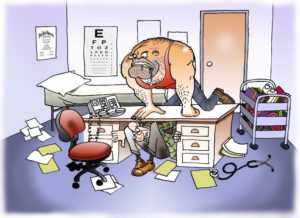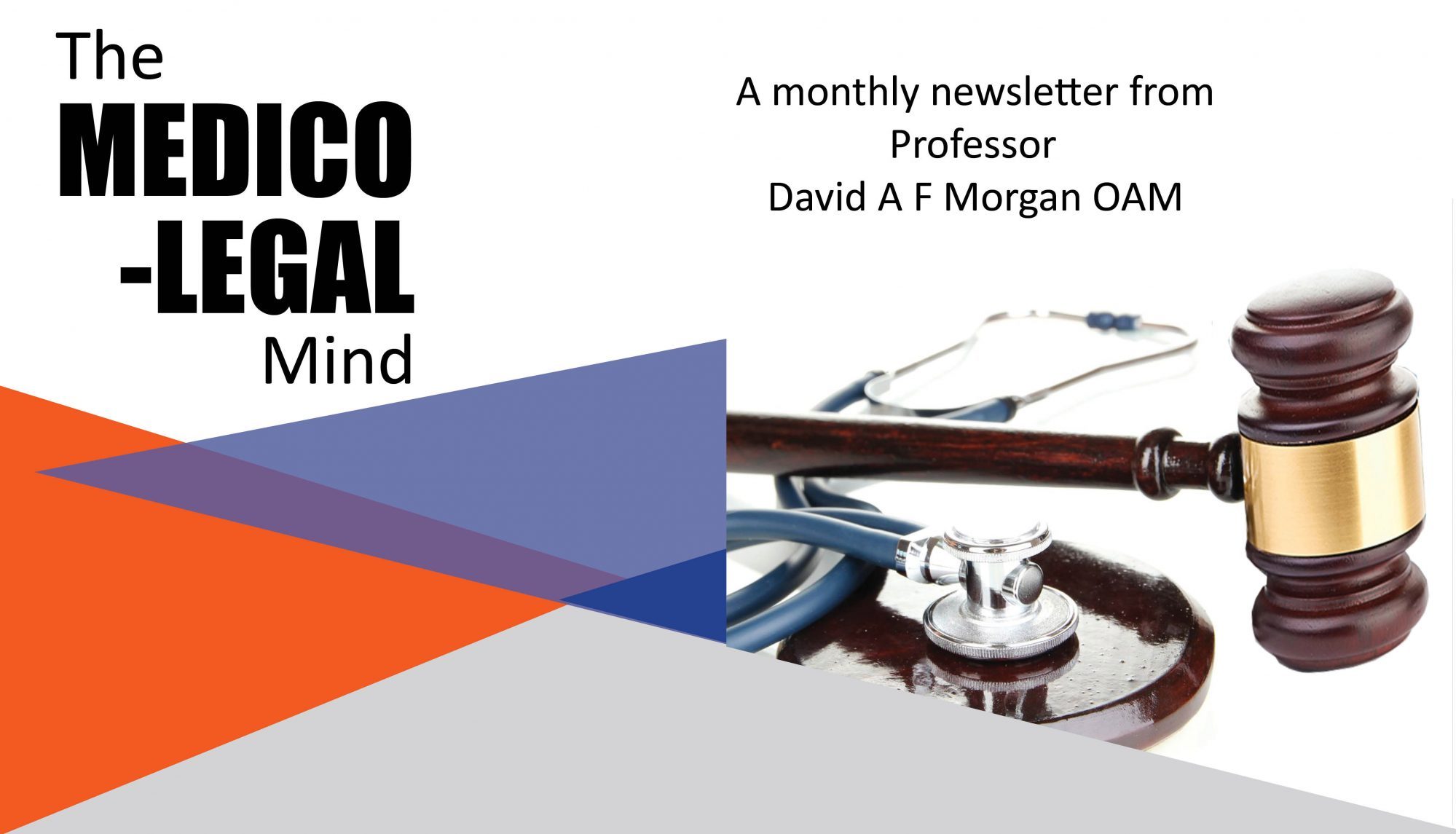Lead Article
Dealing With The Difficult Plaintiff
A medicolegal consultation with an injured, aggrieved plaintiff can be a very testing time for all involved. It can involve a heady mix of emotions including anger, resentment, frustration and fear.

It would be a very unwise orthopaedic surgeon who conducted a medicolegal consultation without recognising the potential for difficulty and conflict.
What Do I Do?
I begin a consultation by giving the plaintiff an easily digested three page description of what will happen over the next 60 minutes or so. The plaintiff is allowed to sit comfortably in my waiting room, read the material at his or her leisure and understand the basis of the consultation. I make it clear that I respect their position. It is also explained that I do not act for either the plaintiff’s or the defendant’s lawyers. My goal is to provide an independent objective analysis without fear or favour. I refer to my understanding of the stress that the plaintiff has endured to date and sympathise in general terms with the circumstance without taking sides or confirming the presence or otherwise of any loss. I welcome a support person or people into my office with the plaintiff and routinely apologise for making them wait (if I have) and apologising for the difficulties associated with travel, parking and accessing my rooms. The goal is to put the plaintiff at both rest and ease, and to generate a rapport which will be non-confrontational and supportive without providing any commitment as to the outcome of the report.
Allowing Time to Think
I also offer the plaintiff an opportunity to complete a basic questionnaire prior to entering the consultation office. Questions such as date of birth, age, address, telephone number, employer, the date of the accident, type of accident, social and recreational interests and other such variables are canvassed. It gives the plaintiff a chance to focus upon their circumstance and to provide answers without the pressure for a response. Even the simplest of questions can seem very difficult.

When the face-to-face consultation begins, I also use a so-called “90 second rule”. This refers to allowing the plaintiff to tell his or her story in his or her own words at his or her own pace. Sometimes plaintiffs are highly focussed and specific, and can accomplish the task in less than 90 seconds. Others may take 15 or 20 minutes! Whatever it takes, so be it. It means that the plaintiff feels requited. He or she has had his or her chance to put his or her story. This is very important.
At the end of that “90 second period” (whatever it might be), I can then ask more directioned questions and elicit the details that are so important for the eventual construct of the medicolegal report.
The Process
The history taking phase is followed by the examination phase. Patients are again often fearful and concerned that their discomfort may be heightened by the tests that are performed. In general terms, it is possible to perform a full orthopaedic examination without generating significant discomfort. Some tests can be a little unpleasant but when performed carefully and with skill, the discomfort is usually easily tolerated. A pre-emptive explanation goes a long way towards allaying any fears.
Occasionally, patients begin with overt aggression and a complete lack of co-operation. Rather than being offended by this noxious approach, I regard it as a challenge. I see it as an opportunity to use all of my skill and empathy to defuse the anger and convert it to co-operation and appreciation. The greatest accolade that I can receive is to be thanked by the plaintiff for the examination as they leave my consulting room. Mind you, not all of them might be so grateful after reading the results of my objective analysis.
There are many facets of an orthopaedic surgical career that provide great clinical enjoyment. From my perspective however, very few reach the zenith that can be provided by a satisfactory medicolegal consultation.
